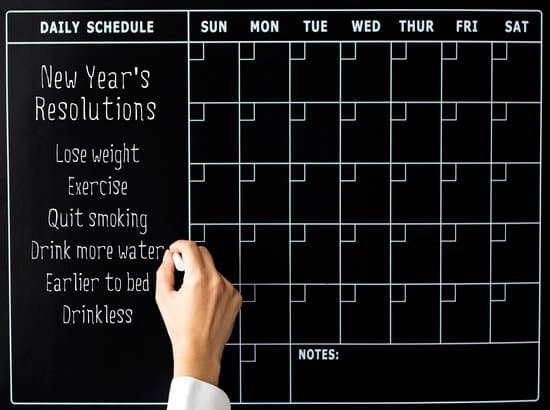On average, 80% of New Year’s resolutions fail by the second week of February. The main reasons for failure include goals not being specific enough, goals are unreasonable, low accountability and negative framing. While the intention behind the resolution is good, we need to train our “new actions” into habits so that it becomes an automatic action.
~Aristotle
Making your goals realistic helps set you up for success right from the start. Think of a goal that you are wanting to do and feel that you can achieve. Often, we set goals that aren’t achievable in the timeframe we set. For example, you might have a goal to run a marathon next month when you have not achieved a mile yet. The goal should be a more realistic timeframe.
Once a goal is established, think of what changes need to be made for you to succeed. For example, if weight loss is your goal for the new year, before the new year starts, you might need to eliminate junk food from your house before you start your goal. It is important that your plan includes markers of progress. This helps prevent your goals from being less vague and are easier to achieve. This goes hand in hand with the marathon example. Setting smaller goals along the way to the larger goal will help you get there (running a mile, a half marathon etc.).
a. Start Small: Change is never easy. To make something into a habit, start small. This goes along with being realistic. Maybe running a 5k is a better start than going straight for the marathon, but also using the 5k as a step toward the marathon.
b. Change with others: Changing with others especially with those that you are close to, will allow for accountability with each other. It is also helpful to have others alongside you in your new habits, as they may provide some insight into how realistic your goals are (e.g., if you're goal is to run a marathon, express this goal to other runners who can provide guidance and suggestion to help you meet your goal).
c. Set the environment: Find triggers/reminders to keep the habit going. Simply building on habits within your daily routine will help you form new ones. For example, if your goal is to walk every day and your daily routine is to wake up and then shower, you can place your running shoes next to the shower as a reminder/trigger.

Once a new habit has been established, you should reward yourself for completing a new routine. Once you link your goal with a reward that you enjoy, it makes you want to continue your goal so that you can partake in the reward.
Following these steps will help you create habits that will help you succeed in meeting your goals this year. It's never too late to self-correct if your resolutions are starting to slip, but hopefully these tips help to create these resolutions into habits across the new year!
~~~~~~~~~~~~~~~~~~~~~~~~~~~~~~~~~~~~~~~~~~~~~~~~~~~~~~~~~~~~~~~~~~~~~~~~~~~~~~~~
Emily Krauter, Administrative & Social Media Assistant
References:
Jill_Cornfield. “New Year's Resolutions Are Meaningless without the Habits to Help You Stick to Them.” CNBC, CNBC, 9 Jan. 2020, www.cnbc.com/2020/01/09/to-keep-new-years-resolutions-simple-steps-can-help-form-new-habits.html.
Ma, Melissa. “How to Make Your New Year's Resolutions Last.” FSView, FSU News, 5 Jan. 2020, www.fsunews.com/story/news/2020/01/05/how-make-your-new-years-resolutions-last/2818222001/.
“New Years' Resolutions Guide, Chapter 5.” A Life of Productivity, alifeofproductivity.com/resolutions/chapter5/.
Emily Krauter Administrative and Social Media Assistant
